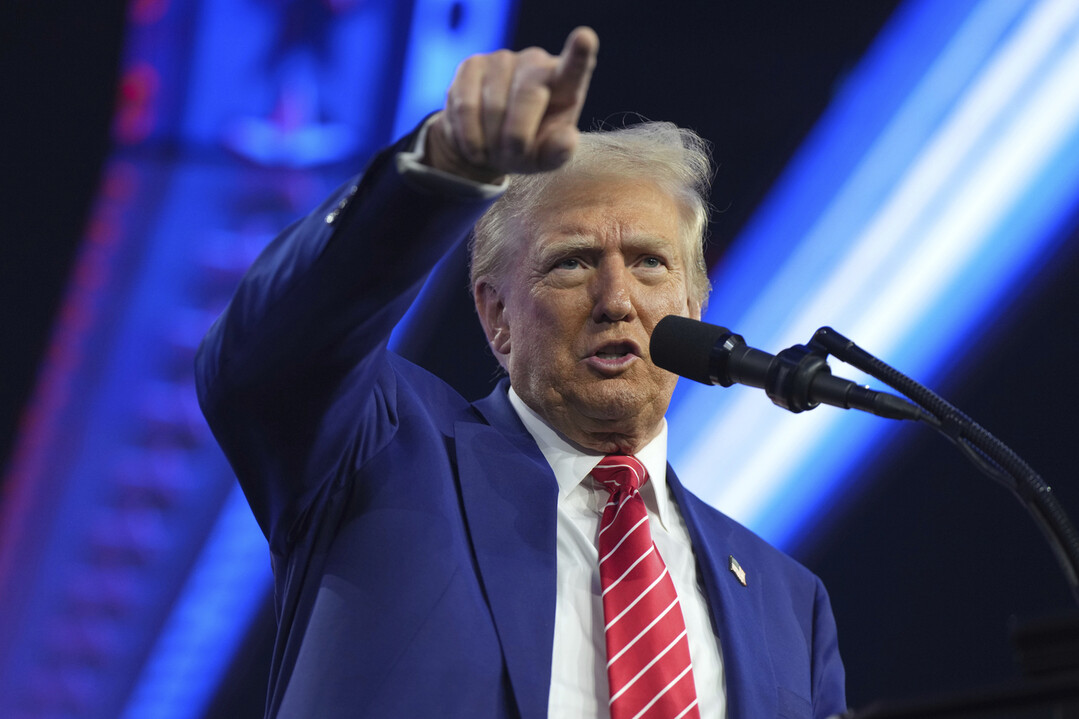
WASHINGTON D.C. — President Donald Trump announced on his social media platform, Truth Social, on the 12th (local time) that he will impose reciprocal 30% tariffs on the European Union (EU) and Mexico, effective next month on the 1st. This rate is higher than the tariffs previously announced in April, signaling that the "Trump-initiated tariff war" is poised to hit the global economy in earnest.
President Donald Trump had previously announced 20% tariffs on the EU and 25% on Mexico in April, but this latest announcement specifies a 30% rate for both, an increase of 10 and 5 percentage points, respectively. Earlier, he also stated a 35% tariff on Canada, a 10 percentage point increase from the 25% announced in April, which drew strong protests from the Canadian government.
Justification for Tariffs and Practical Implications
In a letter to the EU, President Donald Trump asserted, "We have concluded that we must extricate ourselves from the long-term, large-scale, and persistent trade deficit caused by your tariffs and non-tariff policies, and trade barriers." This reiterates his long-standing dissatisfaction with the EU's trade policies, which he believes disadvantage the U.S.
Regarding Mexico, he criticized, "While Mexico is helping with border security, it's not enough," and "Mexico has still not stopped the cartels that are turning all of North America into a drug trafficking playground." This seems to be an attempt to address illegal immigration and drug流入 through economic pressure on Mexico, which he perceives as taking insufficient action.
President Donald Trump's tariff policy goes beyond merely resolving trade imbalances or strengthening border security. Experts interpret this as part of his upcoming presidential campaign and a powerful message re-emphasizing "America First." The decision to announce even higher tariff rates is seen as a strategy to maximize pressure on the targeted nations.
Global Economic Impact and Responses from Affected Nations
Major trading partners including the EU, Canada, and Mexico, as well as Brazil and Japan, have uniformly protested Trump's retaliatory tariffs and announced plans for countermeasures. This goes beyond mere diplomatic friction, potentially causing severe disruptions to global supply chains and shaking the international trade order.
EU: Immediately after President Donald Trump's announcement, the European Commission expressed strong regret and warned that it is prepared to impose corresponding retaliatory tariffs on the U.S. in accordance with World Trade Organization (WTO) rules. The EU is expected to consider imposing tariffs on key U.S. exports such as agricultural products and automobiles. This could further strain transatlantic relations.
Mexico: The Mexican government stated that its top priority is negotiating with the U.S. to minimize the impact on its economy, but if the tariffs are implemented, it will consider imposing retaliatory tariffs on agricultural and industrial products. Mexico is one of the U.S.'s major agricultural export markets, and trade in automotive parts is also significant.
Canada: Canada, already strongly protesting the announced 35% tariff, has re-emphasized retaliatory tariffs on key U.S. items like steel and aluminum, bringing tensions within the North American economic bloc to a peak.
These reciprocal actions by major countries suggest that the "tariff war" could escalate into a full-blown conflict. This is projected to have a domino effect on the global economy, leading to reduced global trade volume, increased production costs for businesses, and higher consumer prices worldwide. Especially given the current global economic situation, which faces concerns of high inflation and recession, such a tariff war would further slow down recovery and amplify uncertainty.
Impact on the Korean Economy
Such unilateral tariff imposition by the U.S. is expected to indirectly affect the Korean economy. Deepening trade disputes with major trading partners like the EU and Mexico could increase instability in global supply chains, potentially disrupting production and exports for Korean companies. Furthermore, the spread of protectionism could lead to an overall slowdown in the world economy, making Korea's export environment even more challenging. The Korean government and businesses urgently need to meticulously monitor these changes in the global trade environment and formulate proactive response strategies.
[Copyright (c) Global Economic Times. All Rights Reserved.]






























